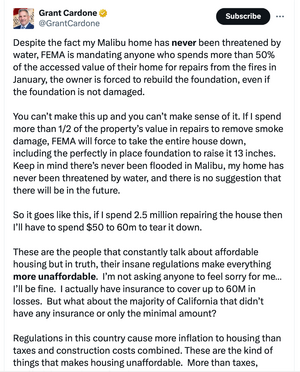I personally like having more local and private responses to local disasters. They know the area and can quickly get resources to the area. Large disaster areas do benefit from an influx of the military and emergency funding from our federal government when state and local resources will be exhausted, but red tape and top down leadership has a way of slowing critical aid. The reason I said all of this is to bring up the United Cajun Navy. They were loosely formed during the Katrina disaster. The Cajun Navy has grown greatly since then and has been providing excellent disaster response all across the country because they having people and resources all across the country. If you feel you have the ability to provide help in times of need please consider becoming a member. There’s many ways you can help!
-
While Stormtrack has discontinued its hosting of SpotterNetwork support on the forums, keep in mind that support for SpotterNetwork issues is available by emailing [email protected].
The Emergency Management and Storm Warning Mess in St. Louis Friday, May 16, 2025
- Thread starter Mike Smith
- Start date

